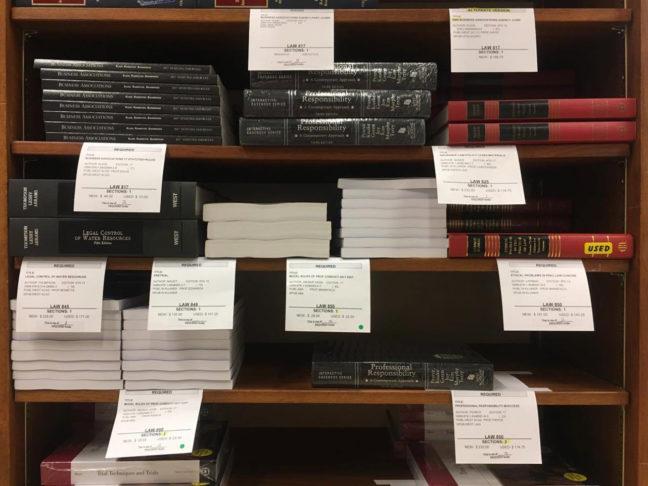The digital publication Wisconsin 101 provides student interns throughout the University of Wisconsin System with opportunities to discover the state’s history while building their professional skills.
A water wheel rusts on the banks of the Milwaukee River. Trees sprout at the corners of a forgotten dam tower in the Kickapoo River Valley Reserve. Though time forgot these objects of Wisconsin’s past, the digital publication Wisconsin 101 did not.
Wisconsin 101 Managing Editor Cortney Anderson Kramer spoke on making history accessible.
According to Anderson Kramer, Wisconsin 101’s goal is to tell the state’s story by studying its objects. Writers, often UW System students but also professors and community members, begin by focusing on a single artifact. As they research and build a story, they are encouraged to explore the object’s greater historical significance.
“We do our very best to present historic objects in a way … that makes their information widely accessible to anyone who may be interested in Wisconsin history,” Anderson Kramer said.
UW history and environmental studies student Maddy McGlone is an intern currently working for the project. Her writing centers on a Door County institution — fish boil meals.
“Fish boils are sort of a culinary experience up there and also a major tourist attraction,” McGlone said. “It’s an event where whole communities get together.”
McGlone feels tracking down information and piecing together a story about the fish boils helped her gain a new set of skills. Throughout the semester, she searched through libraries, scoured archives for photo evidence and combed through historical society databases.
The final outcome of her internship — publishing her work on Wisconsin 101’s website — was also new to McGlone.
“Writing that’s going to be published is not really anything I had worked on before, so that is super cool,” McGlone said.
Anderson Kramer watched many interns undergo the same growth as McGlone. She thinks Wisconsin 101 drives this development because of its diverse opportunities.
The project offers traditional roles in research, writing and editing. It also lets interested students manage social media campaigns, build online exhibits and craft communications plans.
“Students who are interested in Wisconsin 101 can take a variety of avenues to gain professional experience,” Anderson Kramer said.
Wisconsin 101 also offers interns the opportunity to create educational content for classroom use. For elementary school children, lessons focus on demonstrating the importance of history through a single artifact, while materials for middle and high school students teach them how to tell stories with objects. Wisconsin 101 content goes past the K-12 level.
“Beyond school projects that we then have shared with middle school and high school educators, we have student interns who have provided educational materials for college courses in the UW System,” Anderson Kramer said.
For students interested in the humanities, Anderson Kramer sees Wisconsin 101 as a place to gain real-world experience not available in the classroom. The project allows interns to work directly with an editor, teaching them communication and time management skills. Additionally, Wisconsin 101’s public nature means students learn to write for non-academic audiences.
“These hands-on experiences are really invaluable, especially when a student is looking at applying to graduate school or to break into the public humanities,” Anderson Kramer said.
Wisconsin Supreme Court rules against taking voters off rolls in anticipated decision
Anderson Kramer also encourages students hoping to write professionally to join Wisconsin 101, as a typical intern leaves the project with three published articles to add to their resumé. As an editor herself, she knows how important that can be.
“To be able to show future publishers that you have that experience really helps them have confidence in your ability,” Anderson Kramer said.
According to Anderson Kramer, the beauty of Wisconsin 101 is that this professional growth produces work that benefits the entire state. Though many of the featured objects continue to crumble, they are permanently preserved in a digital gallery made available to the public. Therefore, as the interns gain valuable knowledge, so does Wisconsin.
As spring semester comes to a close, Wisconsin 101 continues to hold spots open for summer interns. McGlone hopes students will bring their passion for history and content creation to the project.
“A ton of objects are just waiting for their stories to be unlocked and told to a broader audience, so just come into it and follow your interests,” McGlone said.













